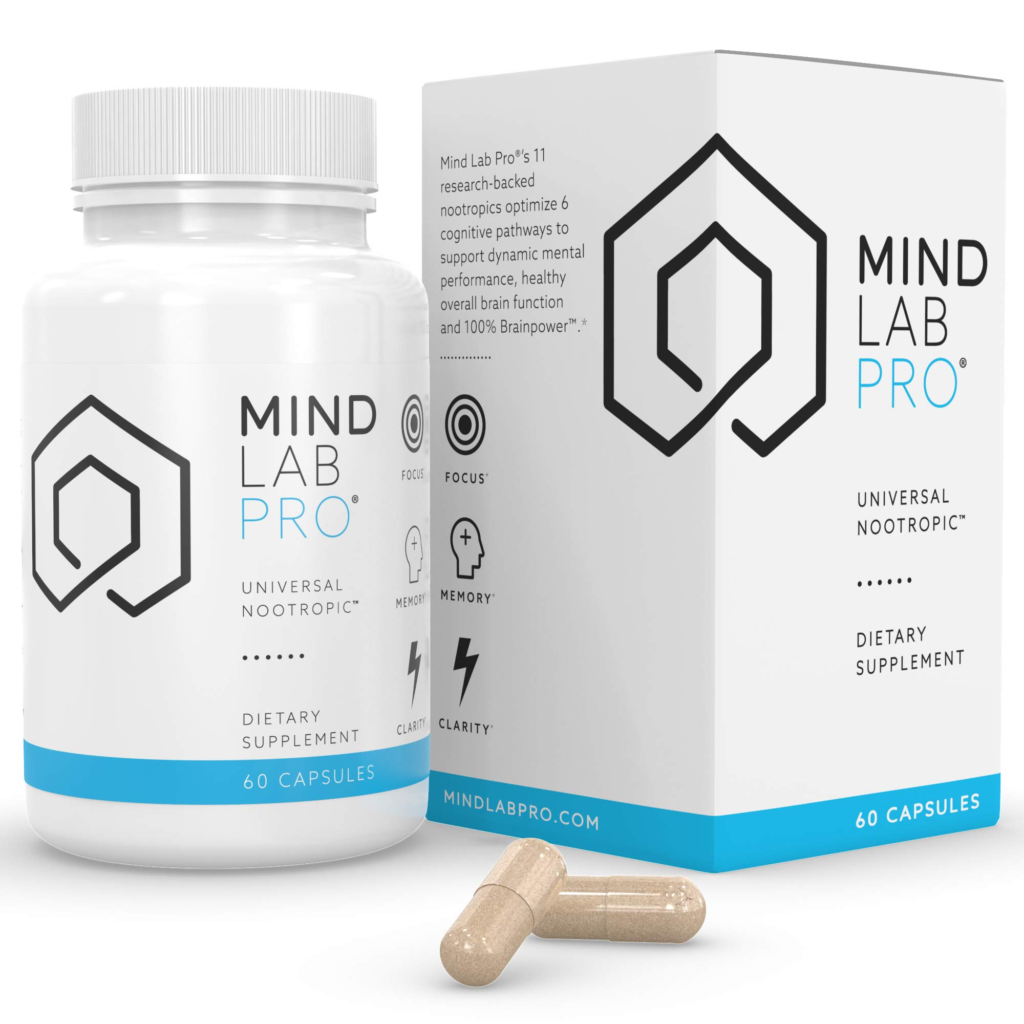If you’re like most people, your day probably starts with a cup of coffee or tea. But have you ever wondered whether caffeine is more than just an energy booster? Could it actually be a nootropic—a substance that enhances cognitive function, memory, and focus?
In this article, we’ll dive deep into the science of caffeine, explore its effects on the brain, and discuss whether it qualifies as a nootropic. Plus, we’ll introduce some powerful nootropic supplements that go beyond caffeine for even greater mental performance.
What Are Nootropics?
Before we tackle caffeine, let’s define what nootropics are.
Nootropics, often called “smart drugs” or “brain boosters,” are substances that enhance cognitive function. They can improve memory, focus, motivation, and even creativity. Some well-known natural nootropics include:
- L-Theanine (found in tea)
- Bacopa Monnieri
- Rhodiola Rosea
- Ginkgo Biloba
- Lion’s Mane Mushroom
Some synthetic options, like Modafinil and Piracetam, are also popular among high achievers. But where does caffeine fit into this picture?
How Caffeine Works in the Brain
Caffeine primarily works by blocking adenosine, a neurotransmitter responsible for making you feel sleepy. By doing this, caffeine increases alertness and reduces fatigue.
It also stimulates the release of dopamine and norepinephrine—chemicals associated with motivation and focus. This explains why caffeine can make you feel sharp and ready to tackle the day.
But does this make it a true nootropic? Let’s explore the pros and cons.
Is Caffeine a Nootropic?
The answer is yes—but with limitations.
Caffeine enhances focus, alertness, and reaction time, which are key features of nootropics. However, it doesn’t necessarily improve long-term brain function or memory like some true nootropics do.
Pros of Caffeine as a Nootropic:
Increases energy and alertness
Enhances focus and concentration
Boosts reaction time and cognitive speed
Pairs well with other nootropics (like L-Theanine)
Cons of Caffeine as a Nootropic:
Can cause jitters, anxiety, or crashes
Temporary effects—no long-term cognitive enhancement
Builds tolerance, requiring higher doses over time
So while caffeine is a great short-term nootropic, it’s not the best standalone option. This is why many nootropic supplements combine caffeine with other brain-boosting ingredients to create a more balanced effect.
Best Nootropic Supplements That Enhance Caffeine’s Effects
If you’re looking to maximize caffeine’s benefits while avoiding side effects like crashes and anxiety, consider these top nootropic stacks:
1. Synaboost – The Ultimate Brain Enhancer

Synaboost is an advanced nootropic formula designed to take your cognitive performance to the next level. It contains a powerful blend of caffeine, L-Theanine, and other brain-boosting ingredients to give you energy and focus without the jitters.
Why You’ll Love It:
Enhances focus and mental clarity
Prevents caffeine crashes
Increases energy naturally
Upgrade your brainpower today with Synaboost!
2. Alpha Brain – Caffeine-Free Nootropic for Deep Focus

If you want cognitive enhancement without caffeine, Alpha Brain is a fantastic choice. Developed by Onnit, this supplement supports memory, learning, and focus using ingredients like Bacopa Monnieri and Cat’s Claw.
Why You’ll Love It:
Boosts memory and mental speed
No caffeine—perfect for evening use
Used by top athletes and professionals
Try Alpha Brain now and experience the benefits of caffeine-free focus!
3. Mind Lab Pro – The All-in-One Nootropic

Mind Lab Pro is another high-quality nootropic stack designed to optimize brain performance. It combines Rhodiola Rosea, L-Theanine, and Citicoline to enhance mental clarity and endurance.
Why You’ll Love It:
Perfect balance of energy and calm focus
Supports long-term brain health
Ideal for students and professionals
Get your bottle of Mind Lab Pro today for next-level cognitive function!
How to Use Caffeine and Nootropics for Maximum Benefits
To get the most out of caffeine and nootropics, follow these expert tips:
Pair Caffeine with L-Theanine – This amino acid (found in green tea) helps reduce caffeine’s jitters while enhancing focus. Most high-quality nootropic stacks already include it.
Time Your Caffeine Intake Wisely – Avoid caffeine too late in the day to prevent sleep disruption. Aim for morning or early afternoon use.
Cycle Your Caffeine Use – Taking caffeine daily can lead to tolerance. Try cycling off for a few days every couple of weeks to maintain its effectiveness.
Support Brain Health with Diet and Exercise – Nootropics work best when combined with a healthy lifestyle, including proper nutrition, hydration, and movement.
Final Verdict: Is Caffeine the Best Nootropic?
Caffeine definitely has nootropic properties, but it’s not the ultimate brain booster on its own. While it improves alertness, focus, and energy, it lacks the long-term cognitive benefits of other nootropics.
The best strategy? Combine caffeine with other nootropic ingredients for a well-rounded cognitive boost. Supplements like Synaboost, Alpha Brain, and Mind Lab Pro are excellent choices for optimizing brain function without the downsides of caffeine alone.
So whether you’re a student, professional, or just someone looking for better mental clarity, the right nootropic stack can help you stay sharp and focused all day long.
Ready to take your brainpower to the next level? Try Synaboost today and experience the difference!
Affiliate Disclaimer: NootropicNavigator.com may include affiliate links, which allow us to earn a small commission when you make a purchase through them. This helps support our site at no extra cost to you. Thank you for your support!